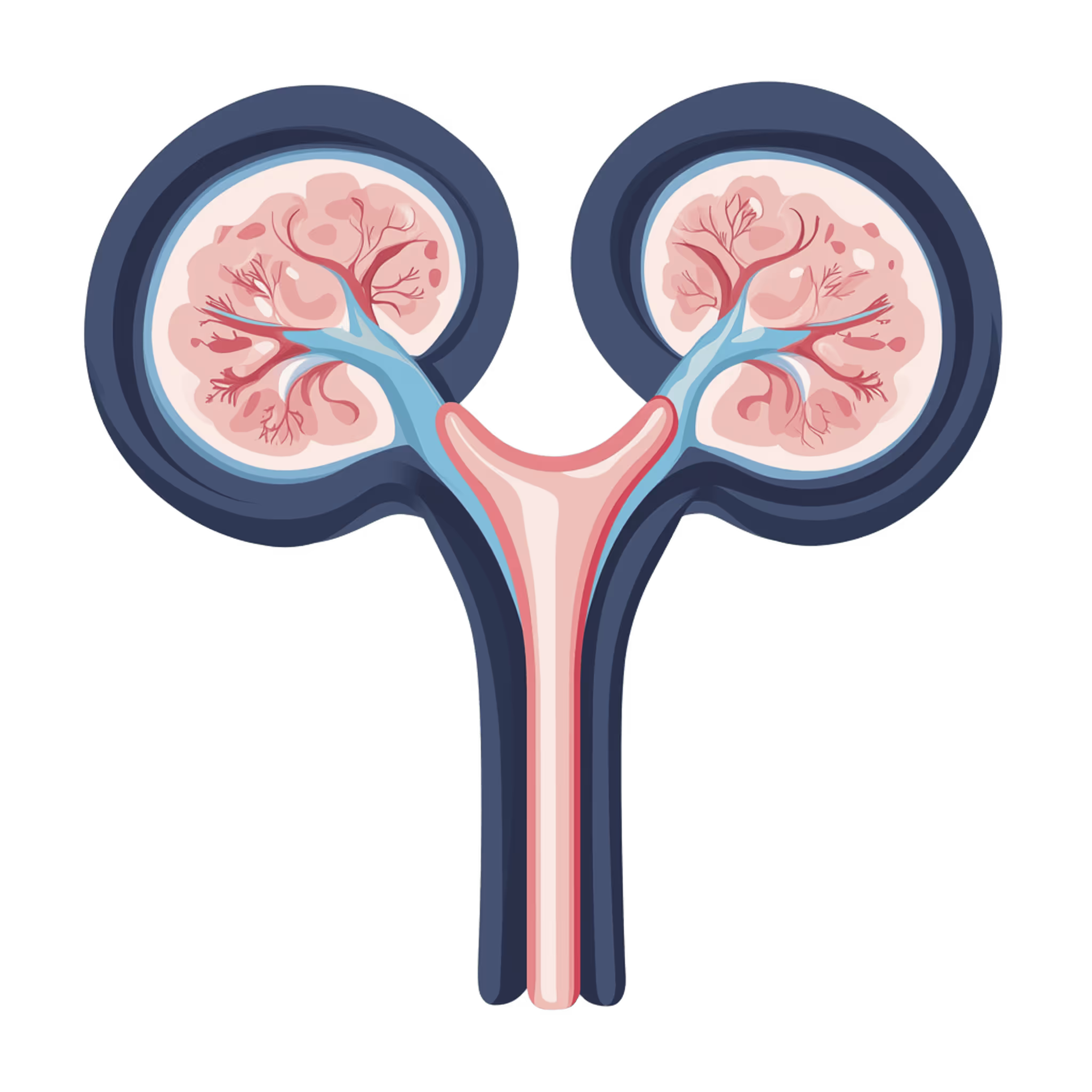What is Endometrial Cancer?
Endometrial cancer, also known as uterine or womb cancer, occurs when abnormal cells in endometrium grow and divide uncontrollably, forming a tumour. The endometrium is the inner lining of the womb which thickens each month to prepare for pregnancy and is shed during menstruation. Endometrial cancer is most commonly diagnosed after menopause, but it can occur at younger ages too.
Endometrial cancer is a gynaecological cancer, but is distinct from other gynaecological cancers such as ovarian cancer or cervical cancer. Symptoms of endometrial cancer can include:
- Unusual vaginal bleeding, particularly after menopause
- Bleeding between periods or unusually heavy periods
- Pelvic pain or discomfort
- Pain during sex
- Unexplained weight loss
- Fatigue
These symptoms are common to many less serious conditions, but if they are new, persistent, or frequent, it’s important to see a doctor. Early diagnosis can make a big difference to treatment outcomes. If you are experiencing any symptoms that are worrying you, it is important that you report this to your GP.
More information about Endometrial Cancer can be found on the Macmillan website.
What are the causes?
Usually, when someone is diagnosed with cancer, the cause is unknown. Contributing factors may include age, family history, environment, lifestyle and hormonal factors.
In some cases, genetic testing can identify a variant (change) in a single gene that causes a person to have an increased risk of developing certain cancers over their lifetime. These gene variants can be passed down through families.
One cause of inherited endometrial cancer is a condition known as Lynch syndrome, which causes an increased lifetime risk of colorectal cancer, endometrial cancer, ovarian cancer and certain other cancers.
Is genetic testing for endometrial cancer risk genes right for me?
Some people with a personal diagnosis or strong family history of endometrial cancer, or related cancers, such as colorectal cancer or ovarian cancer, may choose to consider genetic testing to try and identify a cause for their diagnosis or their family history.
Identifying a variant in a cancer gene can help clarify personal risk of developing certain cancers and inform your risk management options.
Genetic testing can provide very useful information, but may not be the right choice for everyone. Speaking to a genetic counsellor can help you explore your personal and family history, understand what testing might mean for you and your family, and help you make a decision that feels right for you.














































